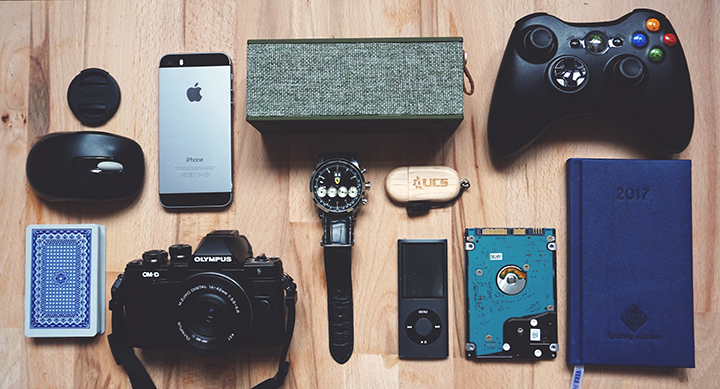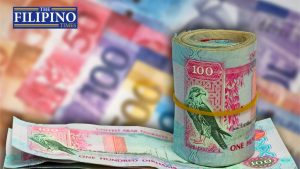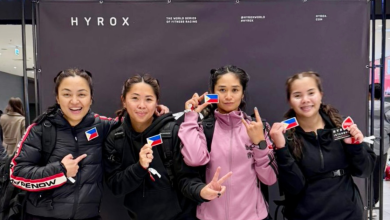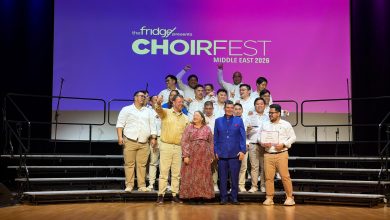DUBAI: Thousand of overseas Filipino workers (OFWs) fly to the UAE carrying hopes of providing better lives for their families.
However, when they finally land a job here, some OFWs forget about their priorities and get lured into buying branded clothes, gadgets, among other luxurious items. Here are the types of OFWs in the UAE based on their spending habits.
1 The future yayamanin

These OFWs were born to save. They know where and when to spend their hard-earned cash. They even know when the right time to invest is. OFWs under this category are very patient, silently working to increase their income. They are also keen on investing their money to well-planned business not only in the country where they work, but also in the Philippines.
They are the ones who think ahead. They will not use their income on material things like a brand new gadget or nonsensical keepsakes. They will instead establish a business not just to have extra income now, but to have a stable financial outlet when they decide to go back to the Philippines.
2 The “worry now, relaks later”
Unlike the first type, these OFWs focus more on saving rather than investing in businesses. After sending money to their families in the Philippines, the extra income they have will go straight to the bank. After saving enough money, they begin to make purchases in the Philippines that they can use later in the future, among them, real estate properties.
Upon retiring in the Philippines, they already have the resources they need. They already have the capital to start their “new” life in the Philippines. In short, they have the “save now, relaks later” attitude.
Their difference with OFWs in number 1 (The future yayamanin) is that they are not investment-oriented. Savings accounts typically offer a lower interest rate than other investment vehicles. One thing they don’t know is that when savings interest rates are low, the yield they get on interest probably won’t keep up with inflation. This decreases the buying power of their money.
3 Mr./Ms. Brand New

These OFWs make sure they see where their hard-earned money is spent. They send money to the Philippines to have their houses repaired or built, to buy a new car and to purchase home appliances and gadgets.
Although they are doing a good job of investing in material possessions, they often tend to forget about securing their future. They do have small investments but because they have very little savings, they often resort to selling whatever investments they have in the future.
4 The Pro (as in puro gastos)

These OFWs have veered away from initial plans of saving and investing. They are easily blinded by brand names and flashy gadgets. They also tend to put their wants ahead of their priorities. In the end, they see themselves without any savings and without any investments. All they have is an empty wallet, and find themselves swamped in debt.





